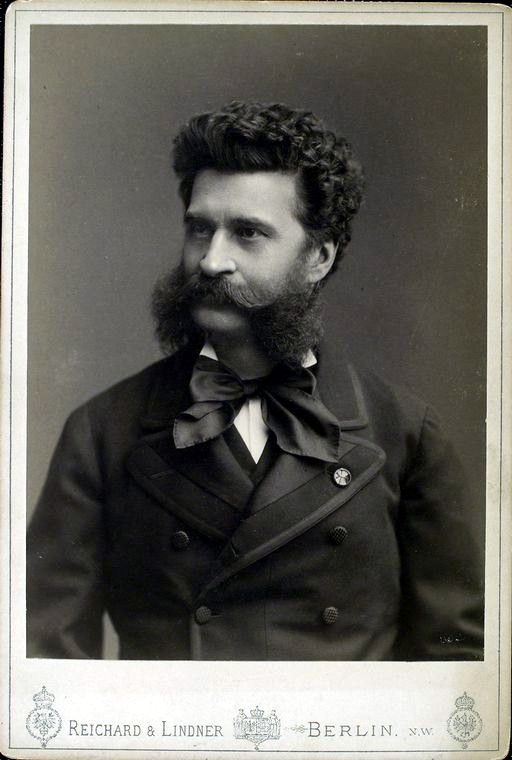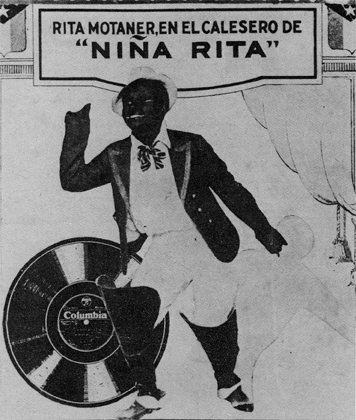|
Bitte Schön!
Bitte schön! (''If you please!''), opus 372, is a polka composed by Johann Strauss II. The first two themes of the composition incorporate Strauss' operetta Operetta is a form of theatre and a genre of light opera. It includes spoken dialogue, songs and including dances. It is lighter than opera in terms of its music, orchestral size, and length of the work. Apart from its shorter length, the oper ... '' Cagliostro in Wien''. The composition was first performed in the summer of 1872. References Compositions by Johann Strauss II Polkas 1872 compositions {{classical-composition-stub ... [...More Info...] [...Related Items...] OR: [Wikipedia] [Google] [Baidu] |
Opus Number
In music, the opus number is the "work number" that is assigned to a musical composition, or to a set of compositions, to indicate the chronological order of the composer's publication of that work. Opus numbers are used to distinguish among compositions with similar titles; the word is abbreviated as "Op." for a single work, or "Opp." when referring to more than one work. Opus numbers do not necessarily indicate chronological order of composition. For example, posthumous publications of a composer's juvenilia are often numbered after other works, even though they may be some of the composer's first completed works. To indicate the specific place of a given work within a music catalogue, the opus number is paired with a cardinal number; for example, Beethoven's Piano Sonata No. 14 in C-sharp minor (1801, nicknamed ''Moonlight Sonata'') is "Opus 27, No. 2", whose work-number identifies it as a companion piece to "Opus 27, No. 1" ( Piano Sonata No. 13 in E-flat major, 1800 ... [...More Info...] [...Related Items...] OR: [Wikipedia] [Google] [Baidu] |
Polka
Polka is a dance style and genre of dance music in originating in nineteenth-century Bohemia, now part of the Czech Republic. Though generally associated with Czech and Central European culture, polka is popular throughout Europe and the Americas. History Etymology The term ''polka'' referring to the dance is believed to derive from the Czech words "půlka", meaning "half-step". Czech cultural historian Čeněk Zíbrt attributes the term to the Czech word ''půlka'' (half), referring to both the half-tempo and the half-jump step of the dance.Čeněk Zíbrt, "Jak se kdy v Čechách tancovalo: dějiny tance v Čechách, na Moravě, ve Slezsku a na Slovensku z věků nejstarších až do nové doby se zvláštním zřetelem k dějinám tance vůbec", Prague, 189(Google eBook)/ref> This name has been changed to "Polka" as an expression of honour and sympathy for Poland and the Poles after the November Uprising 1830-1831. "Polka" meaning, in both the Czech and Poli ... [...More Info...] [...Related Items...] OR: [Wikipedia] [Google] [Baidu] |
Johann Strauss II
Johann Baptist Strauss II (; ; 25 October 1825 – 3 June 1899), also known as Johann Strauss Jr., the Younger or the Son (), was an List of Austrian composers, Austrian composer of light music, particularly dance music and operettas as well as a violinist. He composed over 500 waltzes, polkas, quadrilles, and other types of dance music, as well as several operettas and a ballet. In his lifetime, he was known as "The Waltz King", and was largely responsible for the popularity of the waltz in the 19th century. Some of Johann Strauss's most famous works include "The Blue Danube", "Kaiser-Walzer" (Emperor Waltz), "Tales from the Vienna Woods", "Frühlingsstimmen", and the "Tritsch-Tratsch-Polka". Among his operettas, ''Die Fledermaus'' and ''Der Zigeunerbaron'' are the best known. Strauss was the son of Johann Strauss I and his first wife Maria Anna Streim. Two younger brothers, Josef Strauss, Josef and Eduard Strauss, also became composers of light music, although they were neve ... [...More Info...] [...Related Items...] OR: [Wikipedia] [Google] [Baidu] |
Operetta
Operetta is a form of theatre and a genre of light opera. It includes spoken dialogue, songs and including dances. It is lighter than opera in terms of its music, orchestral size, and length of the work. Apart from its shorter length, the operetta is usually of a light and amusing character. The subject matter may portray "lovers' spats, mistaken identities, sudden reversals of fortune, and glittering parties". It sometimes also includes satirical commentaries. "Operetta" is the Italian diminutive of "opera" and was used originally to describe a shorter, perhaps less ambitious work than an opera. Operetta provides an alternative to operatic performances in an accessible form targeting a different audience. Operetta became a recognizable form in the mid-19th century in France, and its popularity led to the development of many national styles of operetta. Distinctive styles emerged across countries including Austria-Hungary, Germany, England, Spain, the Philippines, Mexico, Cuba, ... [...More Info...] [...Related Items...] OR: [Wikipedia] [Google] [Baidu] |
Cagliostro In Wien
' ('' Cagliostro in Vienna'') is an operetta in three acts by Johann Strauss II to a libretto by F. Zell and Richard Genée. It premiered on 27 February 1875 at the Theater an der Wien, featuring Marie Geistinger and Alexander Girardi. Reception The premiere was highly successful, in no small part due to the audience favourite Alexander Girardi Elizabeth Forbes: "Girardi, Alexander", ''Grove Music Online'' ed. L. Macy (1850–1918) as Blasoni. Another notable performer at the premiere was Marie Geistinger (1836–1903) who had created the role of Rosalinde in Strauss's '' Die Fledermaus''. However, weaknesses in the libretto and—by Strauss's standards—the pallid music, meant the work could not garner the level of long-term public support of the composer's other works. These shortcomings were corrected in a version with a revised libretto by Gustav Quedenfeldt and music by Karl Tutein (who included themes from the Kaiser-Walzer) which premiered on 8 May 1941 in Danzig ( ... [...More Info...] [...Related Items...] OR: [Wikipedia] [Google] [Baidu] |
Compositions By Johann Strauss II
Composition or Compositions may refer to: Arts and literature *Composition (dance), practice and teaching of choreography *Composition (language), in literature and rhetoric, producing a work in spoken tradition and written discourse, to include visuals and digital space *Composition (visual arts), the plan, placement or arrangement of the elements of art in a work * ''Composition'' (Peeters), a 1921 painting by Jozef Peeters *Composition studies, the professional field of writing instruction * ''Compositions'' (album), an album by Anita Baker *Digital compositing, the practice of digitally piecing together a still image or video *Musical composition, an original piece of music, or the process of creating a new piece Computer science *Compose key, a key on a computer keyboard *Compositing window manager a component of a computer's graphical user interface that draws windows and/or their borders *Function composition (computer science), an act or mechanism to combine simple functi ... [...More Info...] [...Related Items...] OR: [Wikipedia] [Google] [Baidu] |
Polkas
Polka is a dance style and musical genre, genre of dance music in originating in nineteenth-century Bohemia, now part of the Czech Republic. Though generally associated with Culture of the Czech Republic, Czech and Central Europe, Central European culture, polka is popular throughout Europe and the Americas. History Etymology The term ''polka'' referring to the dance is believed to derive from the Czech words "půlka", meaning "half-step". Czech cultural historian Čeněk Zíbrt attributes the term to the Czech word ''půlka'' (half), referring to both the half-tempo and the half-jump step of the dance.Čeněk Zíbrt, "Jak se kdy v Čechách tancovalo: dějiny tance v Čechách, na Moravě, ve Slezsku a na Slovensku z věků nejstarších až do nové doby se zvláštním zřetelem k dějinám tance vůbec", Prague, 189(Google eBook)/ref> This name has been changed to "Polka" as an expression of honour and sympathy for Poland and the Poles after the November Upri ... [...More Info...] [...Related Items...] OR: [Wikipedia] [Google] [Baidu] |




